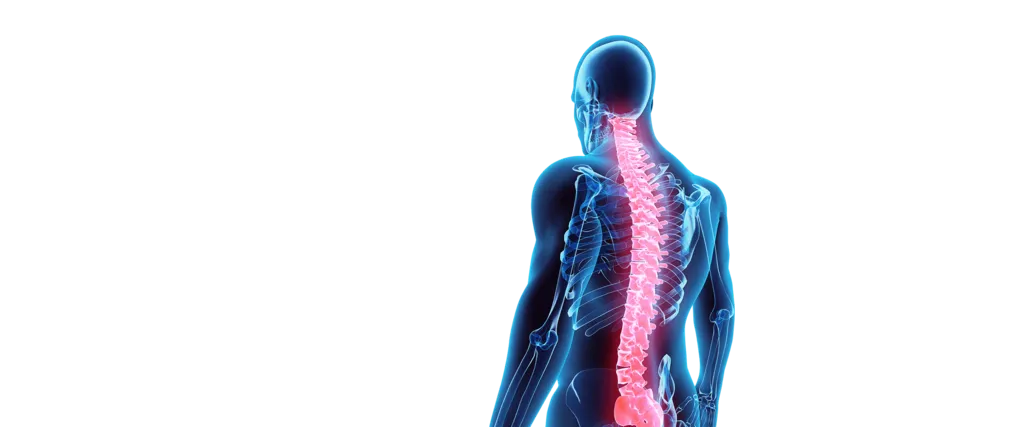Shin splints are characterized by pain in the front part of the lower leg. It occurs on the inside edge of the large bone there — the tibia. This condition is common in runners, but can also occur in other physically active people. Shin splints usually happen during or after a change in the intensity
Read more-
Shin SplintsCategory: Common Conditions Treated, Body Pain
-
TMJCategory: Common Conditions Treated, Body Pain
The temporomandibular joint connects the jawbone to the skull. Up to 10 million people suffer from painful temporomandibular joint disorder (TMD), according to the National Institute of Dental and Craniofacial Research. Symptoms include pain in the face and neck, locked jaw or limited jaw movement, painful
Read more -
Plantar FasciitisCategory: Common Conditions Treated, Body Pain
About 90 percent of people will recover from plantar fasciitis within a few months following conservative treatment. Plantar fasciitis is one of the most common explanations of heel pain. It is caused by inflammation to the thick band that connects the toes to the heel bone, called the plantar fascia,
Read more -
OsteoarthritisCategory: Common Conditions Treated, Body Pain
Patients will find that chiropractic care for hip and knee osteoarthritis can help reduce inflammation, improve joint functioning, reduce pain, and strengthen the muscles around the affected joints. Osteoarthritis in the knee and hip areas can be a very painful injury, and one that is often a chronic
Read more -
Knee PainCategory: Common Conditions Treated, Body Pain
Knee pain is common in people of all ages. It may start suddenly — such as after exercise or an injury. But it can also develop over time, starting out as minor discomfort. Chiropractic care for knee pain includes first identifying the underlying cause of the pain, which could be an injury, mechanical
Read more -
Pinched NerveCategory: Common Conditions Treated, Body Pain
When nerves become 'pinched', injury, spasm, and inflammation of the surrounding muscles causes the nerve to become compressed, resulting in pain. The term "pinched nerve" is somewhat of a catch-all phrase that is commonly used to describe the pain associated with a variety of conditions from subluxations,
Read more
- About Chiropractic Care
- Common Conditions Treated
- Health & Wellness
- Therapies & Techniques
-
Newsletter Library
- Back, Body & Joint Pain
- Healthy Tips
- Exercise & Fitness
- Injury Rehab & Prevention
- Kid's Health
- Illness Prevention
- Chronic Conditions
- Nutrition & Healthy Eating
- Breaking Bad Habits
- Senior Health
- Weight Loss
- Pregnancy & Parenting
- Wellness
- Mind-Body Connection
- Stress & Anxiety
- Life-Work Balance
- Staying Young
- Staying Motivated
- Wellness4Kids


